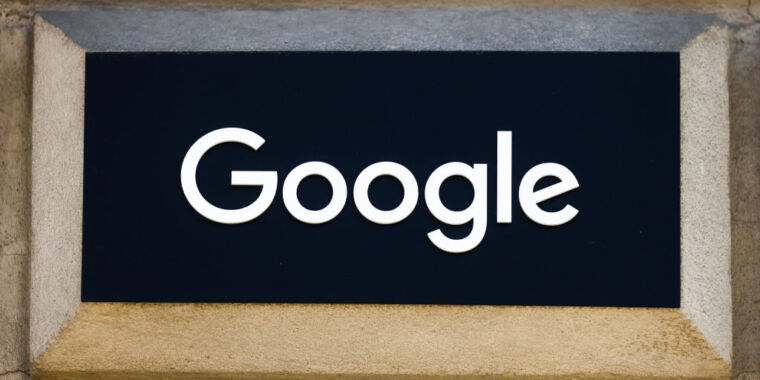Moriarte
Immortal
- Joined
- May 10, 2012
- Messages
- 2,432
The world is becoming increasingly centralised. Today’s major powers consolidated and as such earned the ability to compete and dictate their will on the international arena. Politics is merely a reflection of the economy, within the global economy centralisation is taking place as a natural continuation of the process, which unfolded over thousands years of recorded history. If you’re in it to win it, there’s simply nothing else to do, than to centralise to attempt to raise efficiency. We went from villages to city states, to countries, to country blocks, economic zones. And we haven’t yet reached the end of the line.
We celebrate achievements of corporations, selling us gadgets, cars, computers. These corporations are only able to achieve levels of manufacturing efficiency of their magnificent products because they’ve conquered scale problems through centralisation of labor & resources, including capital. Obviously, we have the internet, centralised hub of communications and surveillance, where everyone can say what they really think, while divulging their location and thought history. (Convenient!) All these achievements of human ingenuity push the process of centralisation to creation of strong monopolies.
Monopoly is the ultimate dream, goal and achievement of any competitive business owner. The ultimate validation crown - you’ve succeeded, you’ve driven out all competition! But we, the people, don’t like monopolies. Which is rather counterintuitive: how can we not like monopolies, when these monopolies brought around some of the coolest products? Well, monopolies become predatory, unwilling to innovate, but very willing and able when it comes to satisfying personal economic and political goals of a narrow band of capitalists, that control them.
I heard and read some people claim we can control monopolies, “break them”, they say… In my opinion this is otherworldly naivety, a sweetheart idealism. You don’t control monopoly, no, no, monopoly controls you! Just few days ago, a near-monopolist company valued at $2.6 trillion, bought another near-monopolist company for $70 billion to form a very strong software entity. Did they try “break it”? Oh yes, they did. Did they succeed? No, they didn’t. While the deal isn’t 100% finalised, it’s pretty clear that the cogs got greased and the mechanism will deliver the only sensible result satisfying the important beneficiaries of the process.
Monopolisation/centralisation has gotten so extreme lately, that market value of Apple, Microsoft and Nvidia combined ($6.6 trillion) is bigger than combined value of all companies on all European stock exchanges. ($6.4 trillion)
So what next? Will these monopolists need their own armies to control their interest? Will they need their own currencies, to remove last bit of fiscal manipulation from the hands of clearly shrinking governments? What further implications of the monopolising world should we expect in years to come is what interests me.
We celebrate achievements of corporations, selling us gadgets, cars, computers. These corporations are only able to achieve levels of manufacturing efficiency of their magnificent products because they’ve conquered scale problems through centralisation of labor & resources, including capital. Obviously, we have the internet, centralised hub of communications and surveillance, where everyone can say what they really think, while divulging their location and thought history. (Convenient!) All these achievements of human ingenuity push the process of centralisation to creation of strong monopolies.
Monopoly is the ultimate dream, goal and achievement of any competitive business owner. The ultimate validation crown - you’ve succeeded, you’ve driven out all competition! But we, the people, don’t like monopolies. Which is rather counterintuitive: how can we not like monopolies, when these monopolies brought around some of the coolest products? Well, monopolies become predatory, unwilling to innovate, but very willing and able when it comes to satisfying personal economic and political goals of a narrow band of capitalists, that control them.
I heard and read some people claim we can control monopolies, “break them”, they say… In my opinion this is otherworldly naivety, a sweetheart idealism. You don’t control monopoly, no, no, monopoly controls you! Just few days ago, a near-monopolist company valued at $2.6 trillion, bought another near-monopolist company for $70 billion to form a very strong software entity. Did they try “break it”? Oh yes, they did. Did they succeed? No, they didn’t. While the deal isn’t 100% finalised, it’s pretty clear that the cogs got greased and the mechanism will deliver the only sensible result satisfying the important beneficiaries of the process.
Monopolisation/centralisation has gotten so extreme lately, that market value of Apple, Microsoft and Nvidia combined ($6.6 trillion) is bigger than combined value of all companies on all European stock exchanges. ($6.4 trillion)
So what next? Will these monopolists need their own armies to control their interest? Will they need their own currencies, to remove last bit of fiscal manipulation from the hands of clearly shrinking governments? What further implications of the monopolising world should we expect in years to come is what interests me.


